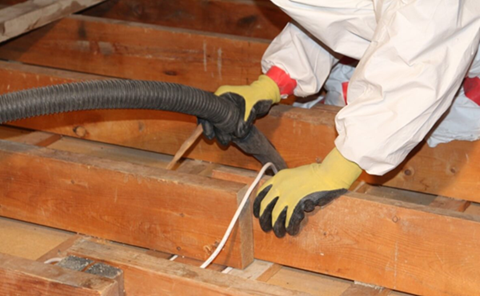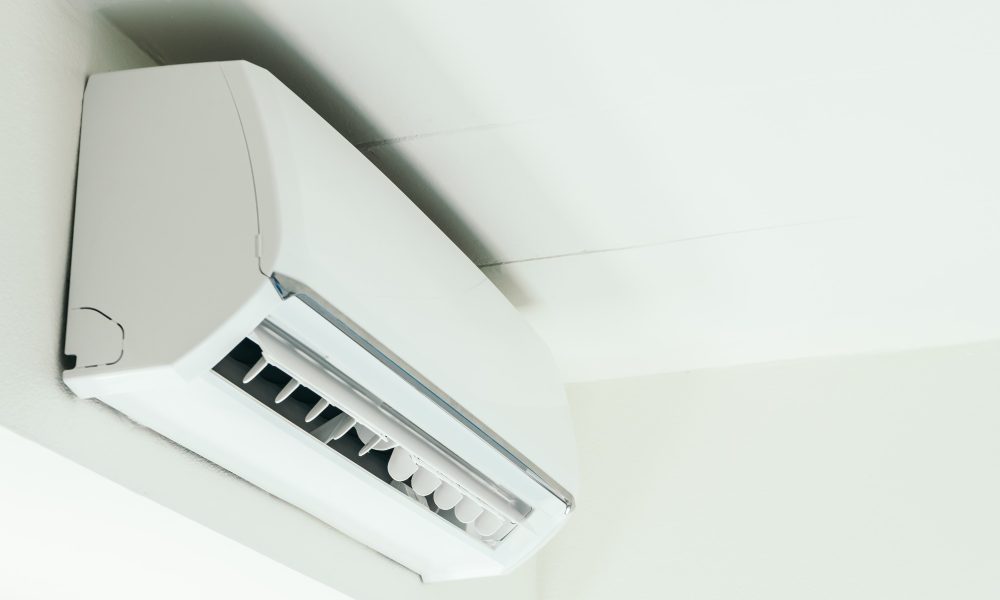Hidden Risks Caused by Attic Mold

It is never easy being a homeowner and regardless of the area you are living, there are always some potential dangers that you will have to deal with or at least be concerned about. Apart from the constant threat of natural disasters, there are certain health disasters that we live with inside the house and one of the worst is mold. Mold puts you at risk for the long term and it starts slowly without you even realizing it. It grows in places where you would least expect it and the ones you think are not much of a concern like the attics, which need instant service by attic mold removal in Toronto.
The attic is the most ignored space of our home and is often visited and cleaned less, giving a direct invitation for mold to grow. Cleaning it once in a year is not enough and there are several hidden risks associated with attic mold which we will be discussing today.
Structural Damage
The growth of mold in attic can pose a direct risk to the structure of your home. If you have left it unattended for a longer period, it will start weakening the wood beams, insulation and other important materials by spreading. Everyone knows once the structure of the home is compromised, a potential hazard is not far away.
Allergies
Allergies are one of the most common and earliest signs of mold growth in your house. It generally starts with a runny nose to sneezing and can worsen and reach the stage of rhinitis and skin allergies. They don’t seem like a threat initially but can put you in grave danger. So, if all of a sudden, you or anyone from your family is showing signs of allergy and mild symptoms get a mold inspection done at the earliest.
Long Term Illness
By any chance, if mold removal is not done for a longer period, long-term illness will become a permanent residence of your home. If someone already has issues like asthma and respiratory conditions, mold will work like fuel in the fire and will turn normal diseases into chronic ones.
Mold is not any random home issues which you can ignore until it reaches its developed stage. Rather it has to be dealt with sheer concern and neglecting is out of question of you don’t want to stay disease-stricken for the rest of your life.




